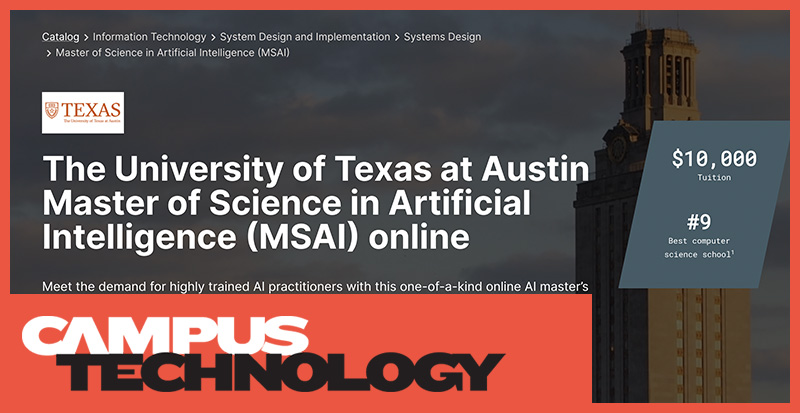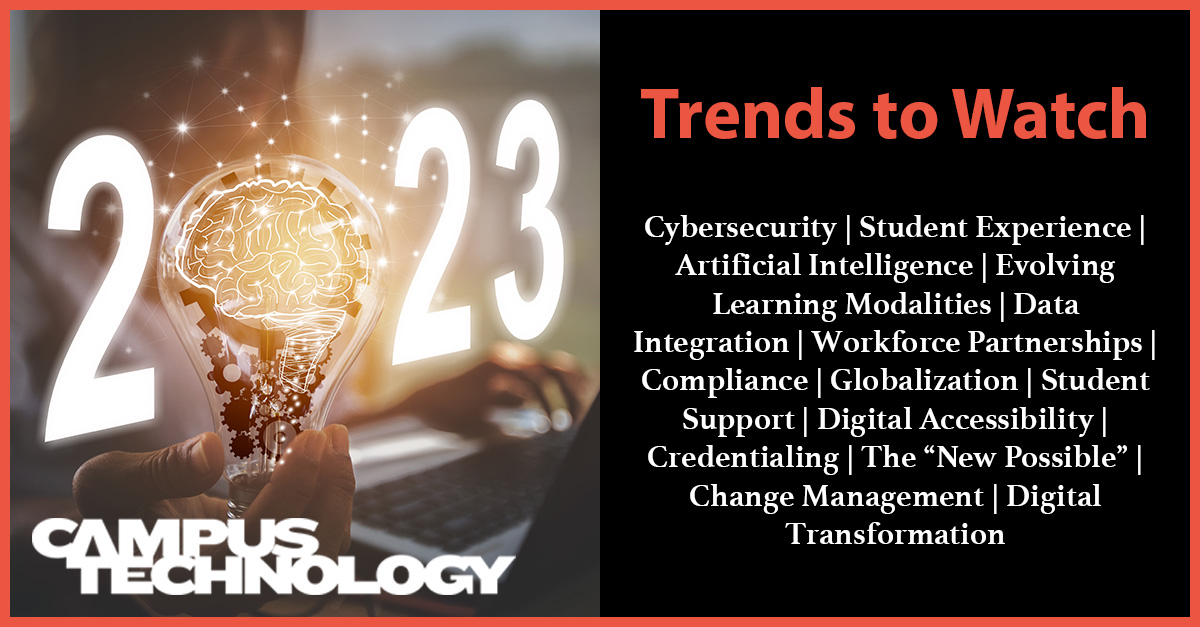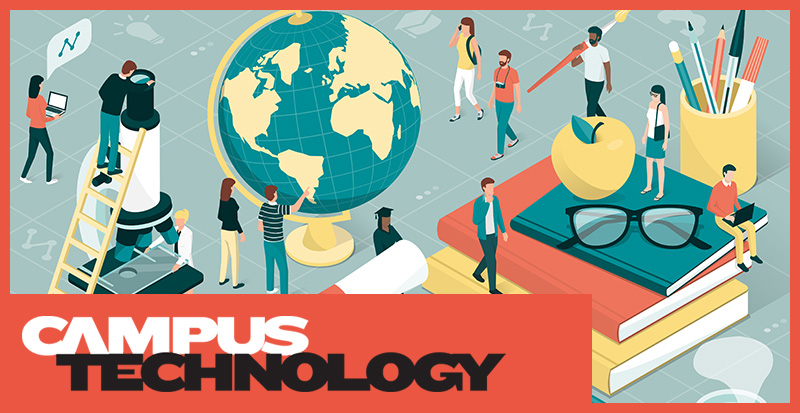Global learning technology company D2L, maker of the Brightspace LMS, has updated and added new features to its product suite. The updates include tools to promote creativity, improve the user experience, and strengthen the learning ecosystem, the company said.

Through its partnership with edX, an online degree and digital course content company, the University of Texas at Austin (UT Austin) will launch a fully online Master of Science degree in Artificial Intelligence (MSAI).
AVer USA, a provider of video collaboration and education technology solutions, has introduced a new all-in-one camera with AI audio built for education, called the A30, combining a document camera, web camera, microphone, and speaker.
Springboard, an online learning platform that emphasizes mentor-student relationships, today unveiled a new partnership with Gonzaga University to deliver two online “bootcamps” to learners aiming for careers in cybersecurity and software engineering.

How will technologies and practices like artificial intelligence, predictive analytics, digital transformation, and change management impact colleges and universities this year? Here's what the experts told us.

CT asks D2L President Stephen Laster to comment on critical issues for education, on the technologies and practices that can help make a difference, and on the projects he's found most rewarding and productive.

Students who want to enroll in digital courses are finding that not enough information is provided ahead of time in order for them to be successful, a 2022 WCET (WICHE Cooperative for Educational Technologies) partnership survey found.

The University of California, Davis, which offers massive open online courses on several other online learning platforms, has now also partnered with edX to launch a suite of free MOOCs, along with a professional certificate program in search engine optimization.

Instructure has acquired LearnPlatform, an ed tech company that provides real-time, evidence-based data on the effectiveness of digital ed programs chosen by universities and K–12 schools.

The American Association of Colleges and Universities (AAC&U) and the American Council on Education (ACE) have transitioned the Virtual Exchange/Collaborative Online International Learning (VE/COIL) Transformation Lab from ACE to AAC&U.